Are you ready to discover a world of possibilities through bilingual education? Imagine the doors that could open for students who can seamlessly navigate two languages, effortlessly bridging cultures and expanding their horizons. Bilingual education is more than just learning another language; it’s a transformative experience that offers a multitude of benefits.
One of the key advantages of bilingual education is enhanced cognitive abilities. Studies have shown that bilingual individuals have improved problem-solving skills, greater mental flexibility, and enhanced creativity. The brain’s constant toggling between languages strengthens neural pathways and boosts overall cognitive function. So, not only do bilingual students excel in language skills, but they also develop critical thinking skills that can be applied across various disciplines.
But that’s not all! Bilingual education also fosters cultural appreciation and global awareness. By learning another language, students gain insight into different societies, traditions, and perspectives. They develop empathy and understanding, becoming citizens of the world. This cultural competence sets them apart, equipping them with the skills necessary to thrive in our increasingly interconnected global society.
Furthermore, bilingual education opens up a world of opportunities. In today’s multicultural job market, employers value candidates with language proficiency and cross-cultural competence. Bilingual individuals are sought after in fields such as international business, diplomacy, tourism, and translation. Fluency in multiple languages gives students a competitive edge and widens their career prospects.
Additionally, research suggests that bilingualism can delay the onset of age-related cognitive decline and dementia. Speaking two languages exercises the brain, keeping it sharp and resilient. It’s like giving your mind a regular workout, keeping it agile and healthy well into old age.
In conclusion, the benefits of bilingual education are vast and impactful. From cognitive advantages to cultural understanding and improved career prospects, bilingual education empowers students to thrive in an increasingly diverse and interconnected world. So, why settle for monolingualism when you can embark on an exciting journey of language, culture, and personal growth? Embrace the wonders of bilingual education and unlock your full potential. The possibilities are endless.
Cultural Understanding and Appreciation through Bilingual Education
In today’s interconnected world, fostering cultural understanding and appreciation has become more crucial than ever. One powerful tool that enables individuals to bridge cultural gaps is bilingual education. Through this innovative approach to learning, students not only gain proficiency in multiple languages but also develop a deep appreciation for different cultures. Let’s explore the transformative impact of bilingual education on cultural understanding.
Bilingual education goes beyond teaching language skills; it nurtures empathy and cultural competence. By immersing students in a multicultural environment, it offers a unique opportunity to explore diverse perspectives firsthand. Imagine a classroom where students from various cultural backgrounds come together to learn, communicate, and collaborate. This dynamic setting allows them to celebrate their differences while finding common ground through shared experiences.
Language is the gateway to culture, and bilingual education opens doors to new worlds. When students learn a second language, they gain insights into the customs, traditions, and values of another culture. They develop a deeper understanding of idioms, expressions, and linguistic nuances that shed light on the essence of a community. By embracing another language, students embark on a journey of discovery, unraveling the rich tapestry of humanity.
Moreover, bilingual education enhances cognitive abilities and problem-solving skills. Studies have shown that bilingual individuals have improved multitasking and decision-making capabilities. Learning two languages trains the brain to think flexibly, adapt to different communication styles, and find creative solutions. These cognitive advantages extend beyond language-related tasks, empowering students to navigate complex situations with ease and open-mindedness.
Bilingual education also promotes inclusivity and social integration. By providing equal opportunities for both native speakers and non-native speakers, it fosters an environment of mutual respect and understanding. Students learn to appreciate the strengths and talents of others, building a foundation of empathy and acceptance. This inclusive atmosphere cultivates lifelong learners who embrace diversity and advocate for social harmony.
In conclusion, bilingual education is a powerful tool in nurturing cultural understanding and appreciation. It goes beyond language acquisition, offering students the opportunity to immerse themselves in different cultures and develop empathy. By embracing linguistic and cultural diversity, we equip future generations with the tools they need to build bridges, foster global citizenship, and create a more harmonious world. Let us embrace the transformative power of bilingual education and celebrate the beauty of cultural exchange.
Social and Emotional Development in Bilingual Education
When it comes to education, we often focus on academic achievements. However, there is another crucial aspect that deserves equal attention: social and emotional development. In the context of bilingual education, this facet becomes even more significant as it intertwines with language acquisition and cultural understanding.
Bilingual education presents a unique opportunity for students to develop their social and emotional skills. By immersing themselves in a diverse linguistic environment, they not only learn multiple languages but also gain insights into different cultures and perspectives. This exposure fosters empathy, open-mindedness, and the ability to communicate effectively across diverse communities.
One of the key benefits of bilingual education lies in its impact on cognitive development. Research suggests that bilingual individuals often exhibit enhanced executive functions, such as problem-solving, critical thinking, and multitasking. These cognitive skills play a vital role in social interactions and self-regulation, allowing students to navigate complex situations with confidence and adaptability.
Moreover, bilingual education nurtures strong interpersonal skills. By engaging with peers from various linguistic backgrounds, students learn to collaborate, negotiate, and appreciate different viewpoints. This diversity of experiences enriches their social interactions and equips them with invaluable skills for future personal and professional relationships.
In the multicultural world we live in today, bilingualism promotes cultural competence and global awareness. Through bilingual education, students gain a deeper appreciation for cultural diversity and develop an inclusive mindset. They become culturally sensitive individuals who can bridge gaps between communities, fostering harmony and understanding.
It is important to note that bilingual education positively influences emotional development as well. The ability to express oneself in multiple languages allows students to explore and articulate their emotions with greater depth and precision. This linguistic versatility empowers them to understand, manage, and respond to their own feelings and those of others.
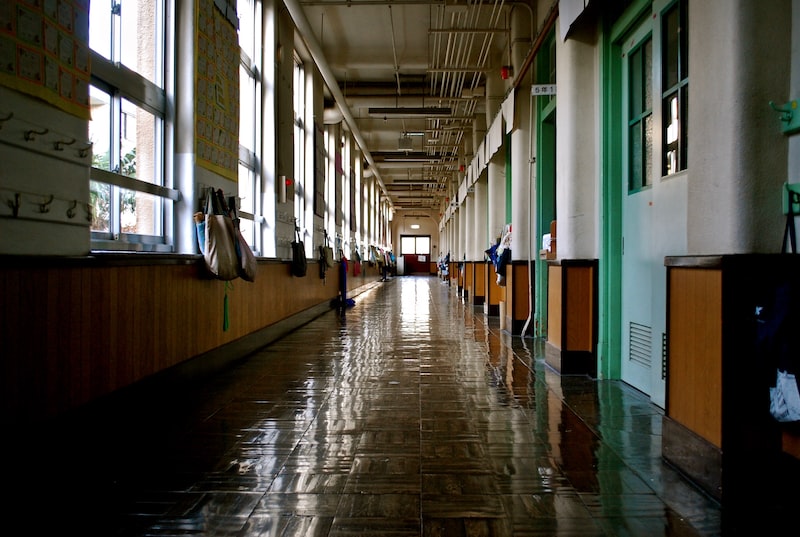
In conclusion, bilingual education goes beyond language learning; it cultivates social and emotional intelligence in students. It provides a unique platform for cognitive growth, interpersonal skills, and cultural understanding. By embracing bilingual education, we unlock the full potential of our students, nurturing well-rounded individuals ready to thrive in an increasingly interconnected world.
Word count: 299 words
Enhanced Communication Skills in Bilingual Education
Have you ever wondered how bilingual education can improve communication skills? Well, let me tell you—it’s fascinating! Bilingual education not only offers the opportunity to learn an additional language but also provides a range of benefits that go beyond just linguistic proficiency.
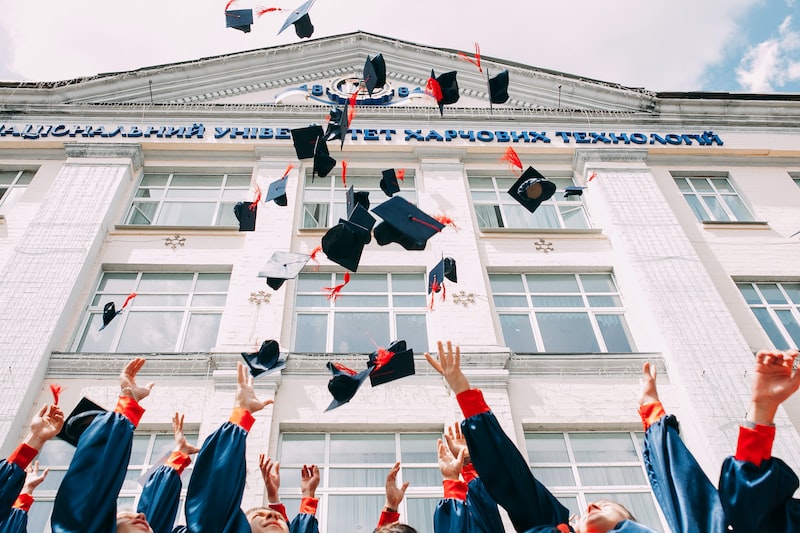
When students engage in bilingual education, they are immersed in an environment where they constantly interact with different languages and cultures. This exposure helps them develop a broader perspective, fostering open-mindedness and cultural sensitivity. By embracing diversity, students become more empathetic and adaptable individuals, ready to thrive in our interconnected world.
But it doesn’t stop there! Bilingual education also hones cognitive abilities. When switching between languages, students activate their brain’s executive functions, which improve memory, attention, and problem-solving skills. It’s like a mental workout that strengthens their ability to multitask and think critically. These cognitive benefits extend beyond language learning, positively impacting academic performance in other subjects as well.
Moreover, bilingual education nurtures communication skills on multiple fronts. Students become adept at expressing themselves clearly and precisely, finding alternative ways to convey ideas when faced with language barriers. They develop strong listening skills as they become attuned to different accents and intonations. Understanding diverse perspectives becomes second nature, as they become skilled communicators in both their native and second languages.
Bilingualism also gives students a competitive edge in the job market. In today’s globalized economy, employers value individuals who can communicate effectively with international clients and colleagues. Bilingual individuals possess a unique skill set that allows them to bridge cultural gaps, facilitating smoother business transactions and collaborations.
In conclusion, bilingual education not only equips students with linguistic proficiency but also enhances their cognitive abilities and communication skills. It fosters cultural understanding and prepares them for success in an increasingly interconnected world. So, if you’re considering bilingual education, seize the opportunity—it’s a journey that opens doors and broadens horizons!
Career Opportunities for Bilingual Students
Are you amazed by the world of possibilities that await bilingual students? Imagine being able to communicate fluently in more than one language and how it can open doors to exciting career opportunities. In today’s globalized society, being bilingual is not just an advantage, it’s a valuable asset. Let’s explore some of the remarkable career paths that await those who possess this unique skill.
One fascinating avenue for bilingual individuals is the field of international business. As companies expand their operations globally, they seek professionals who can bridge cultural and linguistic gaps. Bilingual students with a keen understanding of different markets and languages have a competitive edge in negotiating deals, managing international teams, and forging partnerships across borders. Their ability to communicate effectively in multiple languages allows them to navigate diverse business environments with ease.
Another captivating career option for bilingual students is translation and interpretation. These language experts play a vital role in facilitating communication between people who speak different languages. Whether it’s translating written documents, interpreting at conferences, or working as a liaison for international organizations, bilingual individuals are in high demand. They possess the power to connect people from different cultures, fostering understanding and cooperation on a global scale.
Education is yet another area where bilingualism flourishes. Bilingual students can become language teachers, sharing their linguistic skills with others eager to learn. They can inspire and empower students to embrace different cultures and broaden their horizons. Moreover, bilingual educators are increasingly sought after in international schools, where they help create inclusive classrooms and provide a multicultural perspective to education.
The world of diplomacy also beckons bilingual students. With their ability to communicate in multiple languages, they can serve as diplomats or foreign service officers. They become ambassadors of their countries, promoting dialogue and building relationships with other nations. Bilingual diplomats are invaluable assets in international negotiations, where precise communication is crucial.
In conclusion, being bilingual opens up a myriad of career opportunities. From international business to translation and interpretation, education to diplomacy, the possibilities are astounding. Bilingual students possess a unique set of skills that allow them to connect with people from different cultures and contribute to a globalized world. So, embrace your linguistic talents and embark on an exciting journey of endless possibilities. The world is waiting for you!
Improved Problem-solving and Critical Thinking in Bilingual Education
Are you ready to unlock the doors to improved problem-solving and critical thinking? Get ready to embark on a bilingual education journey that will expand your mind, boost your cognitive abilities, and open up a world of opportunities. In this article, we’ll delve into the fascinating realm of bilingual education and explore how it enhances problem-solving skills and critical thinking.
Imagine being able to effortlessly navigate through complex problems, analyze information from different perspectives, and come up with creative solutions. That’s exactly what bilingual education offers. By learning and using two languages, students develop a unique set of mental tools that enhance their ability to think critically and solve problems effectively.
One of the key benefits of bilingual education is its impact on cognitive flexibility. When you switch between languages, your brain becomes adept at juggling multiple systems of communication. This constant mental exercise strengthens your brain’s executive functions, such as attention control, task switching, and problem-solving. It’s like giving your brain a daily workout, keeping it sharp and agile.
Moreover, bilingual education fosters a deep understanding of cultural diversity. Language and culture are intertwined, and by immersing oneself in different linguistic communities, students gain valuable insights into various ways of thinking and approaching problems. This cultural awareness expands their horizons and equips them with a broader perspective when tackling challenges.
Another remarkable aspect of bilingual education is its ability to cultivate metacognitive skills. Metacognition refers to the awareness and understanding of one’s own thought processes. When you learn two languages, you become more aware of how you learn, process information, and solve problems. This self-reflection empowers students to develop effective strategies for tackling new tasks and adapting to different learning environments.
In conclusion, bilingual education is a gateway to enhanced problem-solving and critical thinking abilities. Through cognitive flexibility, cultural awareness, and metacognitive development, students acquire a unique skill set that prepares them to face the complexities of the modern world. So, embrace the power of bilingual education and embark on a journey that will transform your mind and shape your future.
Long-term Benefits of Bilingual Education on Brain Development
Are you curious about the long-term benefits of bilingual education on brain development? Prepare to be amazed! Bilingual education not only opens doors to cultural understanding and communication but also provides an array of cognitive advantages that shape your brain in incredible ways. Let’s delve into the captivating world of bilingualism and explore how it impacts your brain in the long run.
When your brain is exposed to two languages from an early age, it becomes a master multitasker. It develops enhanced executive functions, such as problem-solving skills, attention control, and cognitive flexibility. Imagine your brain as a skilled juggler effortlessly handling two balls at once. Bilingual individuals are adept at switching between languages, which boosts their mental agility and adaptability.
Moreover, bilingual education offers remarkable memory benefits. As you learn and use multiple languages, your brain creates more connections and strengthens neural pathways. This results in improved memory retention and recall abilities, akin to expanding the storage capacity of your brain. It’s like having a bigger hard drive to store all the important memories and information.
Language learning itself is an exercise for your brain. Just as physical workout strengthens your muscles, learning two languages exercises your brain cells. The continuous effort required to switch between languages and comprehend different grammar structures stimulates neural growth and increases brain volume. It’s like pumping iron at the gym, but for your brain!
In addition to these cognitive advantages, bilingual education can also delay the onset of cognitive decline and protect against certain neurological disorders. Research suggests that bilingualism acts as a “cognitive reserve,” providing a buffer against age-related decline. It’s like building a fortress around your brain, safeguarding it from the effects of aging.
So, if you’re contemplating the long-term benefits of bilingual education on brain development, rest assured that it’s a journey with incredible rewards. From heightened cognitive functions and improved memory to increased brain volume and protection against decline, bilingualism shapes your brain in awe-inspiring ways. Embrace the power of languages and unlock the full potential of your extraordinary brain!

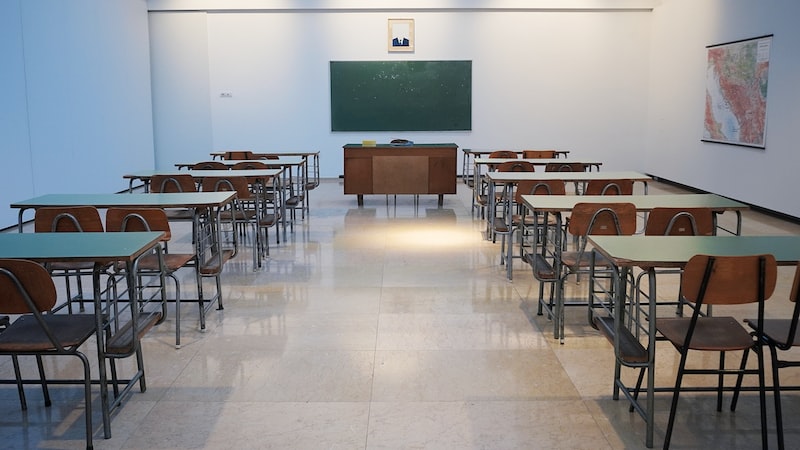

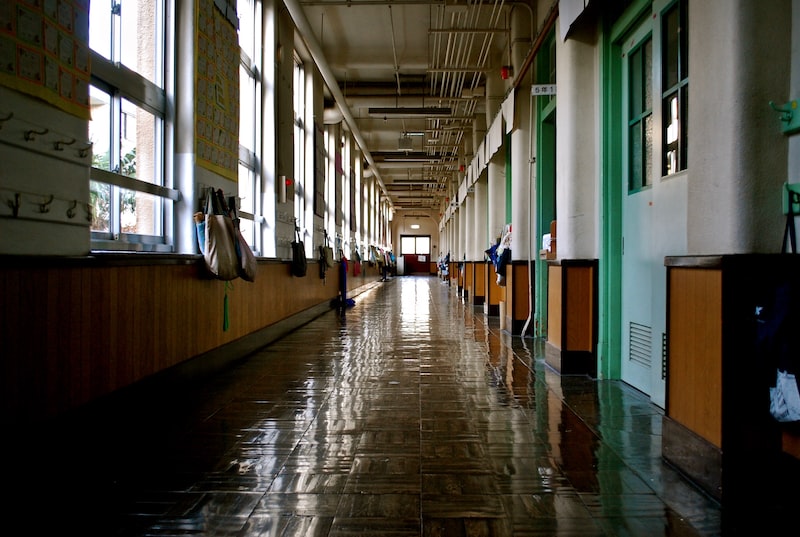
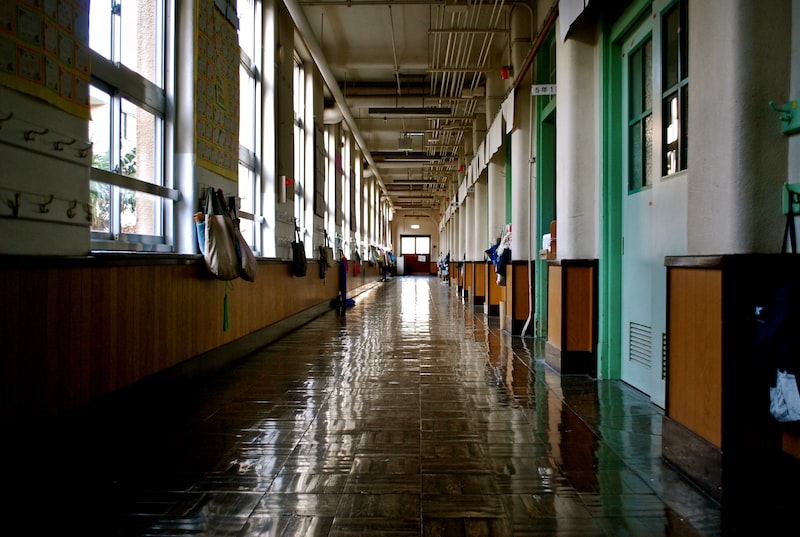
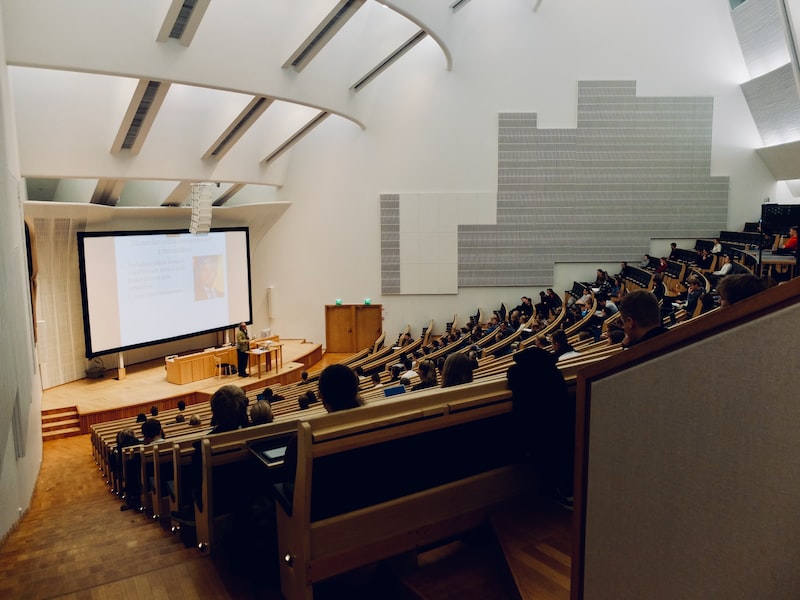



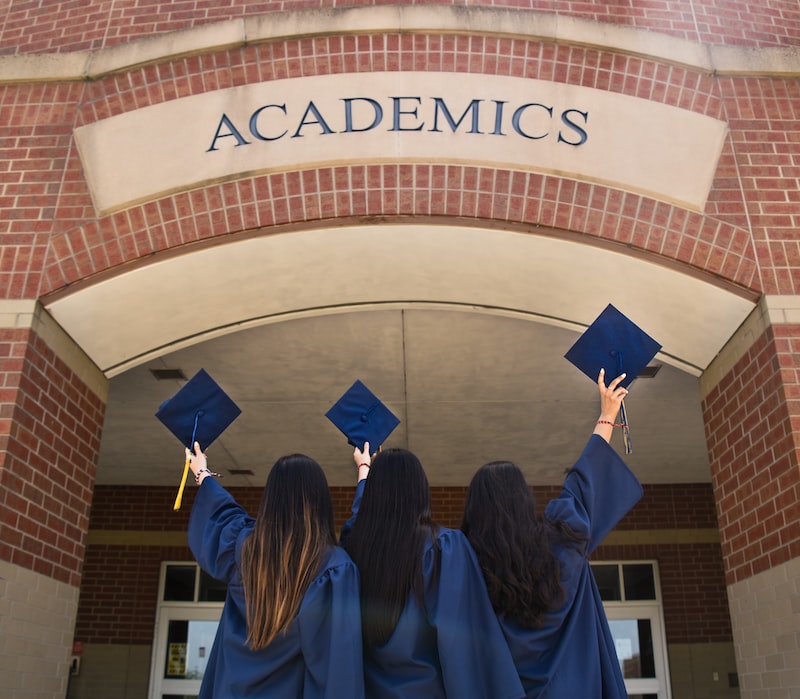

Leave a Reply